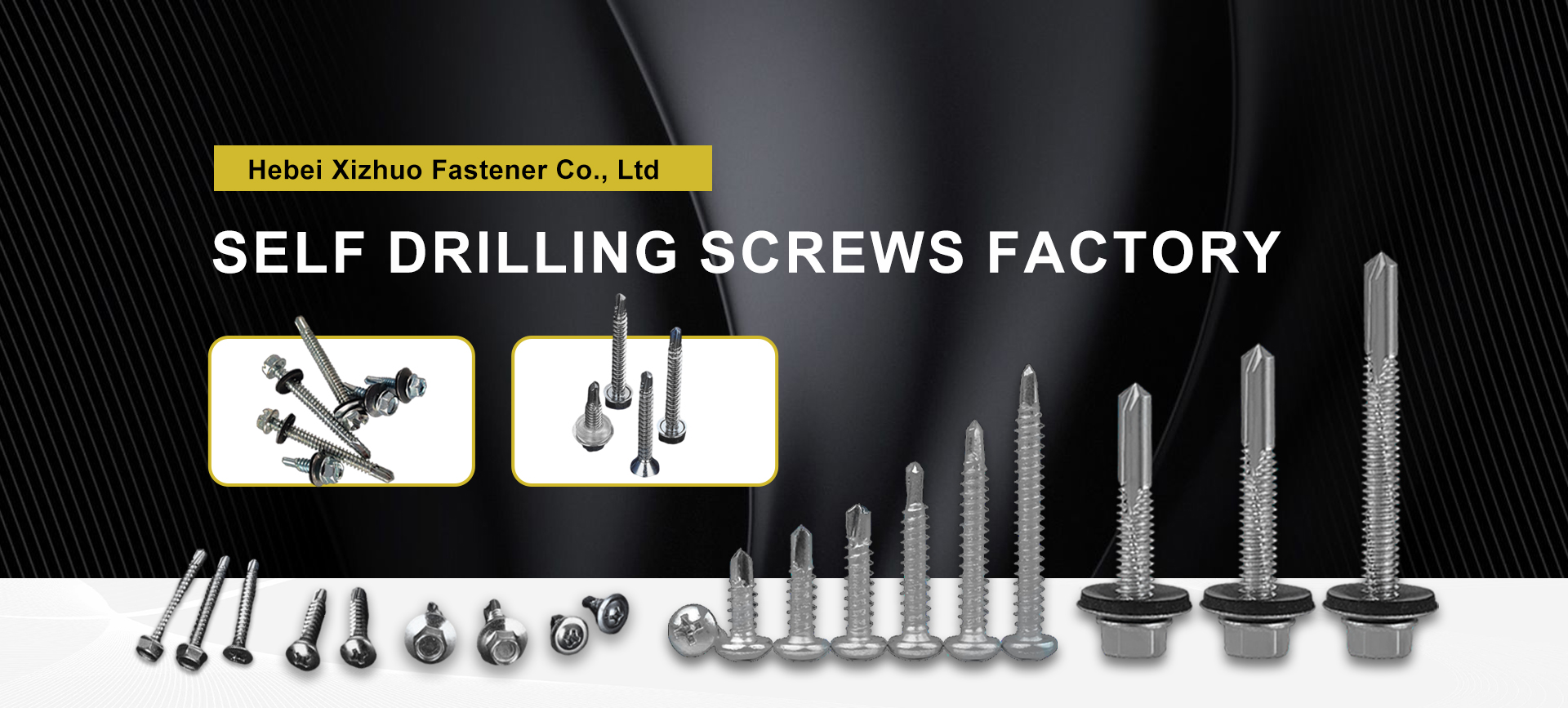chemical fixing bolts
Chemical Fixing Bolts An Essential Solution for Heavy-Duty Applications
Chemical fixing bolts have emerged as a revolutionary solution in construction and engineering industries, particularly due to their ability to provide strong, durable, and reliable fastening solutions. Unlike traditional mechanical fixing methods, chemical fixing utilizes a resin-based adhesive that bonds the bolt to the surrounding substrate, offering several advantages in a variety of applications. This article will explore the fundamental aspects of chemical fixing bolts, their benefits, and their applications.
What are Chemical Fixing Bolts?
Chemical fixing bolts consist of a bolt, a resin adhesive, and a hardener. The process begins with drilling a hole into the substrate—usually concrete or masonry—where the bolt will be installed. The resin is then injected into the hole, followed by the insertion of the bolt. As the resin cures, it forms a strong bond between the bolt and the surrounding material, effectively anchoring it in place. This method is particularly advantageous in situations where high load-bearing capacity is required.
Advantages of Chemical Fixing Bolts
1. High Load Capacity One of the most significant benefits of chemical fixing bolts is their ability to support heavy loads. The bonding process ensures a secure fit, which can withstand tension, shear, and even dynamic loads. This makes them ideal for heavy-duty applications such as structural supports, machinery anchoring, and construction frameworks.
2. Versatility Chemical fixing bolts can be used in a wide range of materials, including concrete, brick, and even steel. This versatility allows engineers and builders to use them in various situations, enhancing their functionality across different projects.
3. Resistance to Corrosion Many chemical fixing systems include corrosion-resistant properties, making them suitable for outdoor and marine environments. This quality extends the life of the fastening solution, reducing maintenance costs associated with corrosion damage.
4. Easy Installation The installation process for chemical fixing bolts can be simpler and faster compared to traditional methods. The user can determine the right depth and adjust the amount of resin to achieve the desired bond strength, streamlining the installation process and saving on labor costs.
chemical fixing bolts

5. No Need for Expensive Equipment Unlike mechanical anchors that often require expensive equipment and extensive labor to install, chemical fixings can usually be installed with minimal tools. This lowers the overall project budget and simplifies the process.
Applications of Chemical Fixing Bolts
Chemical fixing bolts are widely used across various industries, each benefiting from their unique properties. Here are some common applications
- Construction In building projects, chemical fixing bolts are often used to anchor structural elements such as beams, columns, and precast components. Their ability to bear heavy loads makes them ideal for this purpose.
- Infrastructure Bridges, tunnels, and highways frequently utilize chemical fixing bolts for anchoring and securing components due to their immense load capacity and resistance to environmental factors.
- Manufacturing In factory settings, machinery and equipment often require secure anchoring systems. Chemical fixing bolts provide the strength and reliability needed to ensure equipment stability during operation.
- Renovation and Repair When retrofitting older structures, chemical fixing bolts can provide a suitable solution for embedding new components securely into existing materials, enhancing the overall strength and stability of the structure.
Conclusion
Chemical fixing bolts represent a significant advancement in fastening technology, offering robust solutions for demanding applications. Their high load capacity, versatility, and resistance to corrosion make them indispensable in modern construction and engineering practices. As industries continue to seek innovative solutions to meet structural demands, chemical fixing bolts will likely play an increasingly vital role in ensuring the safety and stability of engineered structures. By understanding their advantages and applications, engineers and builders can make informed decisions on incorporating these innovative fastening solutions into their projects, ultimately contributing to more resilient and reliable constructions.
-
Weatherproof Plastic Expansion Anchors for OutdoorNewsJun.06,2025
-
Sustainability in the Supply Chain: Eco-Friendly TEK Screws ProductionNewsJun.06,2025
-
Load-Bearing Capacity of External Insulation FixingsNewsJun.06,2025
-
Double Head Bolts: Enhancing Efficiency in Industrial MachineryNewsJun.06,2025
-
Corrosion Resistance in Chipboard Screws: Coatings for Wholesale DurabilityNewsJun.06,2025
-
Butterfly Toggle Bolts : Enhancing Structural ResilienceNewsJun.06,2025
